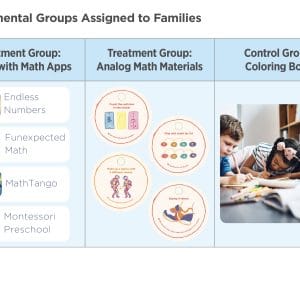- About
- Network
- Research Initiatives
- Big Data Initiative
- Chicago Experiments Initiative
- Health Economics Initiative
- Industrial Organization Initiative
- International Economics and Economic Geography Initiative
- Macroeconomic Research Initiative
- Political Economics Initiative
- Price Theory Initiative
- Public Economics Initiative
- Ronzetti Initiative for the Study of Labor Markets
- Socioeconomic Inequalities Initiative
- Research Initiatives
- Scholars
- Research
- Complexity Theory and Economic InequalitySteven Durlauf, David McMillon, and Scott PageFast Action for Floods: RCT Evidence on Forecastbased Cash Transfers from Bangladesh and NepalPaul J. Christian, Felipe A. Dunsch, Jonas Heirman, Erin M. Kelley, Florence Kondylis, Gregory Lane, Jennifer Waidler, Nidhila Adusumalli, Odbayar Batmunkh, and Kriti MalhotraThe Mortgage Debt Channel of Monetary Policy when Mortgages are LiquidMatthew Elias, Christian Gillitzer, Greg Kaplan, Gianni La Cava, and Nalini Prasad
- Insights
Videos
BFI Youtube Channel
- Events
Upcoming Events
- News











